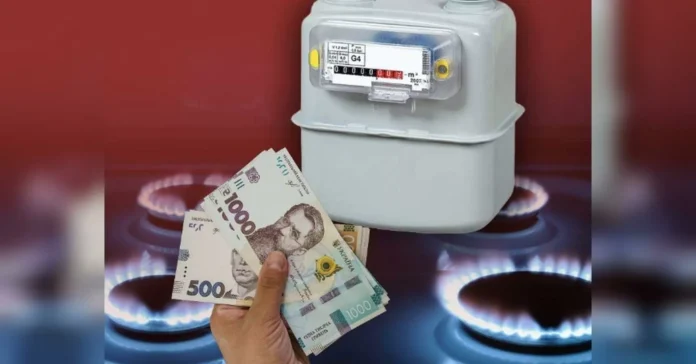One of the most difficult challenges that individuals and businesses face is dealing with debt. Whether it’s credit card debt, medical bills, or loans, debt can quickly become overwhelming and seemingly impossible to overcome. However, what happens when you are faced with a debt that you don’t actually owe? This is a situation that many people find themselves in, and it can be incredibly frustrating and stressful to try and resolve. In this article, we will discuss the difficulties of getting a debt recalculated and written off when it doesn’t actually exist.
The first step in dealing with a non-existent debt is to understand how it came about in the first place. In some cases, it may be a simple mistake on the part of the creditor or debt collector. They may have mixed up your information with someone else’s or failed to properly update their records. In other cases, it may be a case of identity theft, where someone has used your personal information to open accounts or take out loans without your knowledge. Regardless of the reason, the burden falls on you to prove that the debt is not yours.
The process of proving a debt is not yours can be a long and arduous one. You will need to gather evidence and documentation to support your claim, such as bank statements, credit reports, and any correspondence with the creditor or debt collector. This can be a time-consuming and frustrating process, especially if you are dealing with multiple debts or creditors. It can also be emotionally draining, as you may feel like you are constantly fighting an uphill battle.
Even if you are able to provide sufficient evidence to prove that the debt is not yours, there is no guarantee that the creditor or debt collector will simply write it off. In fact, many of them will continue to pursue the debt, even if they know it is not valid. This is because they have a financial incentive to do so. They may have purchased the debt for a fraction of its value and are hoping to collect the full amount from you. Or, they may receive a commission for every payment they are able to collect. Whatever the reason, it can be incredibly frustrating to deal with a creditor or debt collector who refuses to acknowledge that the debt is not yours.
In some cases, you may be able to get the debt written off by filing a dispute with the credit reporting agencies. Under the Fair Credit Reporting Act, you have the right to dispute any inaccurate information on your credit report. If the creditor or debt collector fails to provide proof of the debt’s validity within 30 days, the credit reporting agencies are required to remove it from your report. However, this does not guarantee that the debt will be permanently written off, as the creditor or debt collector may continue to pursue it through other means.
Another option for getting a non-existent debt written off is to seek legal assistance. A lawyer who specializes in debt collection practices can help you navigate the complex legal system and advocate on your behalf. They can also help you understand your rights and options for resolving the issue. However, this can be a costly option, and not everyone has the financial means to hire a lawyer.
In conclusion, trying to get a non-existent debt recalculated and written off can be an incredibly difficult and frustrating process. It requires a lot of time, effort, and emotional energy to gather evidence and fight against creditors and debt collectors who may be unwilling to acknowledge the mistake. It is important to stay persistent and not give up, as getting the debt written off can have a significant impact on your financial well-being. If you find yourself in this situation, it may be helpful to seek support from a financial advisor or credit counseling agency to help you navigate the process. Remember, you are not alone in this struggle and there are resources available to help you overcome it.

